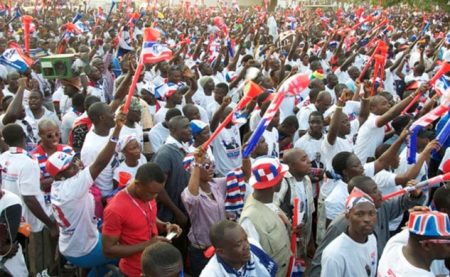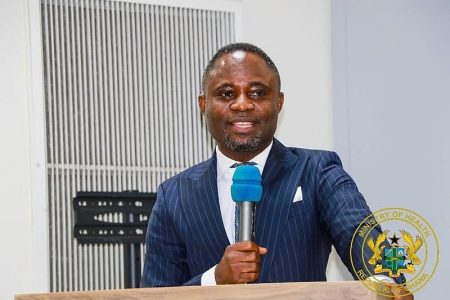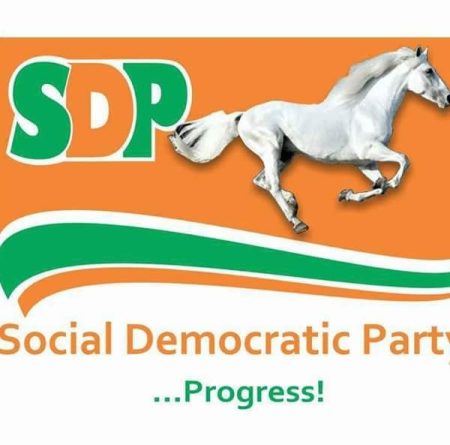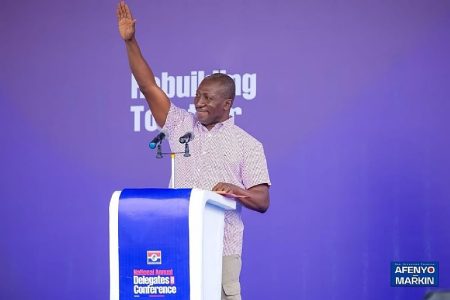In recent discussions among first-time voters in the Tema and Ashaiman areas, concerns regarding the current state of employment and infrastructure have emerged as critical factors influencing their voting decisions in the upcoming presidential elections. These young voters believe that addressing unemployment is paramount, as many feel let down by political promises that have yet to manifest into concrete job opportunities. They have expressed a desire for presidential candidates to demonstrate a clear and actionable plan focused on job creation. Mr. Isaac Agyei Yeboah, a voter from Ashaiman, articulated this sentiment, emphasizing the importance of jobs and improved road networks as decisive elements in his voting choice. The infrastructure, particularly in terms of road access, plays a significant role in facilitating mobility and supporting local businesses in their communities, making it an essential point of consideration.
As first-time voters reflect on their priorities, the issue of educational quality and the welfare of vulnerable populations also emerges. Miss Precious Mensah from Tema East highlighted the necessity for job opportunities, stating that these are her primary concern when evaluating presidential candidates. Additionally, she acknowledged the importance of ensuring that teachers receive fair remuneration, as their welfare directly impacts student learning and academic performance. The focus on education and job creation indicates a broader understanding among first-time voters of the interconnectedness of these sectors and their importance to national development.
Despite interest among some young voters, a notable faction has expressed disillusionment with the political landscape, resulting in a decision not to participate in the upcoming elections. This sentiment is encapsulated in the words of Ms. Stephanie Williams, who criticized politicians for not delivering on their promises, referencing the free Senior High School (SHS) initiative as an example of unmet expectations. Ms. El-Han Sahan Ibrahim echoed this sentiment, stating her loss of faith in the electoral process due to perceived corruption among politicians. Such disillusionment underscores a significant challenge facing electoral engagement; many young voters feel that their votes may not lead to meaningful change.
Further emphasizing this discontent, Ms. Erica Atta Botchway from Ashaiman articulated her ambivalence about voting. She conveyed that her interest in the electoral process has waned, remarking, “I am not ready to vote, but my mum forced me to register.” This resistance reflects a broader trend among youth who feel disenfranchised by political actors whom they perceive as failing to meet their needs and expectations. The alternative perspective of voting being akin to empowering politicians who have not delivered adequate support exacerbates young people’s reluctance to engage in the election.
Amidst these divisions, there remains a core group of first-time voters who emphasize the importance of holding political leaders accountable for their commitments to job creation and infrastructure development. These individuals represent the hopeful and engaged segment of the electorate, seeking transparency and dedication from political candidates. As the elections approach, the contrast between enthusiastic young voters advocating for change and those who feel disenfranchised presents an intricate landscape for Ghana’s democracy, highlighting the importance of addressing the fundamental issues of employment and infrastructure to encourage greater voter participation and trust in political processes.
Ultimately, the outlook for the upcoming elections will depend significantly on how well presidential candidates can resonate with these young voters and address their pressing concerns. The palpable anxiety surrounding employment opportunities and infrastructural deficits illustrates the urgency for political leaders to align their platforms with the needs of the youth. As first-time voters prepare to exercise their civic rights, the extent to which they feel heard and prioritized by political actors could shape not only their participation in the elections but also the broader trajectory of governance and development in Ghana. Engaging this electorate effectively will be crucial for fostering a sustainable and responsive political environment moving forward.














